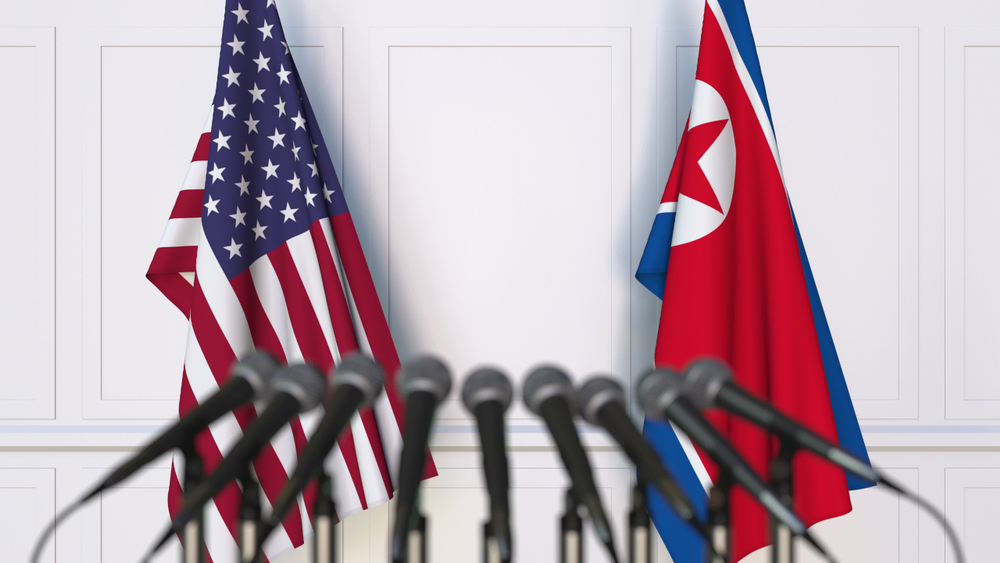
Ahead of the summit between the United States and North Korea in Singapore, U.S. Sens. Chris Murphy (D-CT) and Tammy Duckworth (D-IL) introduced a measure that would prohibit war with North Korea without congressional authorization.
The amendment to the John S. McCain National Defense Authorization Act (NDAA) for fiscal year 2019 would prohibit the United States from engaging in preemptive war with North Korea without congressional authorization unless there’s an “imminent threat.”
“I want diplomacy with North Korea to work, but given the amateurish planning and unclear objectives of this summit, I’m not holding my breath,” Murphy, a member of the U.S. Senate Foreign Relations Committee, said. “If this summit fails, there is a good chance that John Bolton and other cheerleaders for war in this White House will use this failure as an excuse to move towards military action. Congress needs to reclaim its constitutional duty of war making and make it clear to President Trump that he needs our approval before preemptively striking North Korea.”
In October, Murphy introduced similar legislation that would prohibit funds from being used for “kinetic military operations” in North Korea without congressional approval. Following introduction of the amendment on Monday, Duckworth said a preemptive strike could be “catastrophic” for nearly 80,000 American servicemembers currently stationed in the region.
“I am relieved that Donald Trump has paused the reckless rhetoric he’s been so eager to use over the last year and instead appears to be seeking a diplomatic solution to the North Korean crisis,” Duckworth said. “Those in power need to understand the true costs of war – not just in dollars and cents but in human lives — before they consider starting a conflict and they must understand that prior to committing our military to armed conflict, the president must get congressional approval.”




